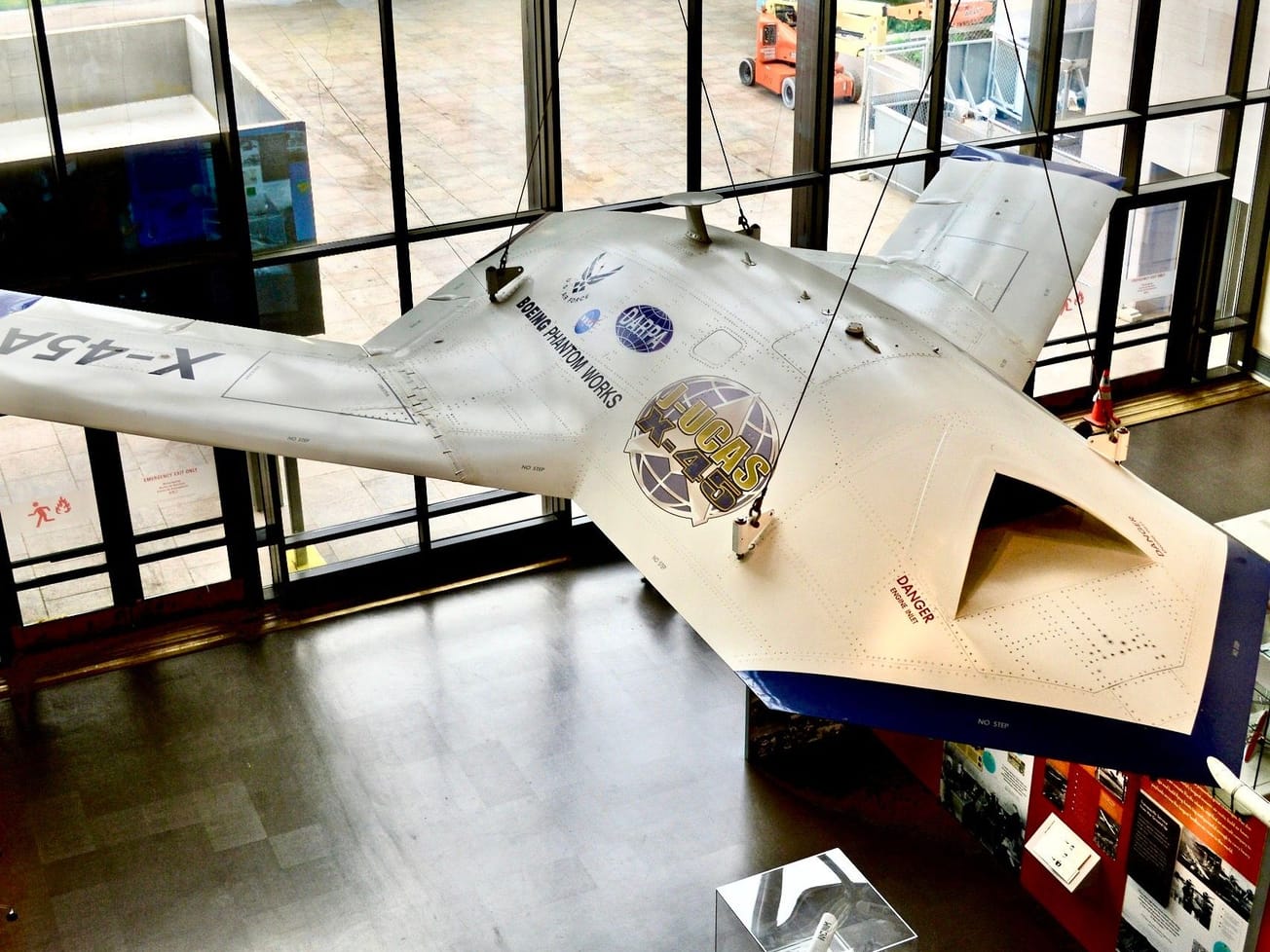More than a decade ago, two United Nations human rights investigators put the threat of autonomous weapons systems such as robotics and drones under an international spotlight.
The first was Philip Alston, a U.N. special rapporteur for extrajudicial, summary or arbitrary executions, who reported in 2010 on the dangers of "automated technologies" making life-and-death decisions on artificial intelligence reasoning.








